The Securities and Exchange Board of India (SEBI) has taken strong action against Axis Capital by suspending its role as a merchant banker for debt public issues. This decision follows an investigation into the company’s involvement in underwriting non-convertible debentures (NCDs) issued by Sojo Infotel Pvt. Ltd., a move deemed illegal by SEBI.
Axis Capital had provided a guarantee for Sojo’s NCDs under the guise of underwriting, which SEBI found to be in violation of regulatory norms. The regulator explained that the arrangement was not a standard underwriting agreement but a guarantee to redeem Sojo’s NCDs if they defaulted. This kind of guarantee poses a risk to market stability and investor confidence.
SEBI’s decision to suspend Axis Capital stems from concerns about the market’s integrity. SEBI-registered analyst Hemindra Kishen Hazari had raised alarms about high-risk transactions involving Axis Capital. In his article titled *”Is Axis Capital an Investment Bank or a Hedge Fund?”*, Hazari pointed out irregularities in Axis Capital’s practices, which prompted SEBI to inspect the company’s transactions.
During the investigation, SEBI found that Axis Capital had committed to purchasing or funding the purchase of pledged shares from Sojo Infotel in the event of default. This arrangement exceeded the scope of underwriting and conflicted with SEBI’s regulations on merchant banking. The regulatory body also questioned Axis Capital’s fee structure, noting that the company misrepresented its one-time underwriting fee as ongoing payments, suggesting continuous credit support.
As a subsidiary of Axis Bank, SEBI’s order also mentioned the possibility of the Reserve Bank of India (RBI) needing to assess the credit risk posed to Axis Bank due to these activities.
SEBI’s interim order has barred Axis Capital from taking on any new assignments as a merchant banker, arranger, or underwriter for debt securities until further notice. This move is seen as a measure to protect the financial market and uphold regulatory standards.
Bringing you the latest updates on finance, economies, stocks, bonds, and more. Stay informed with timely insights.













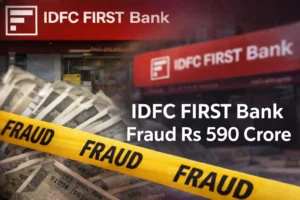




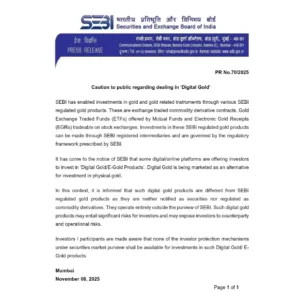

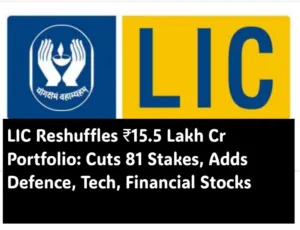


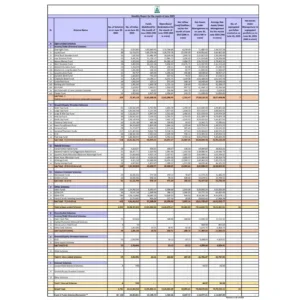
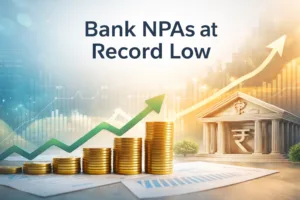


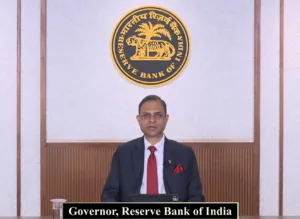




Be First to Comment